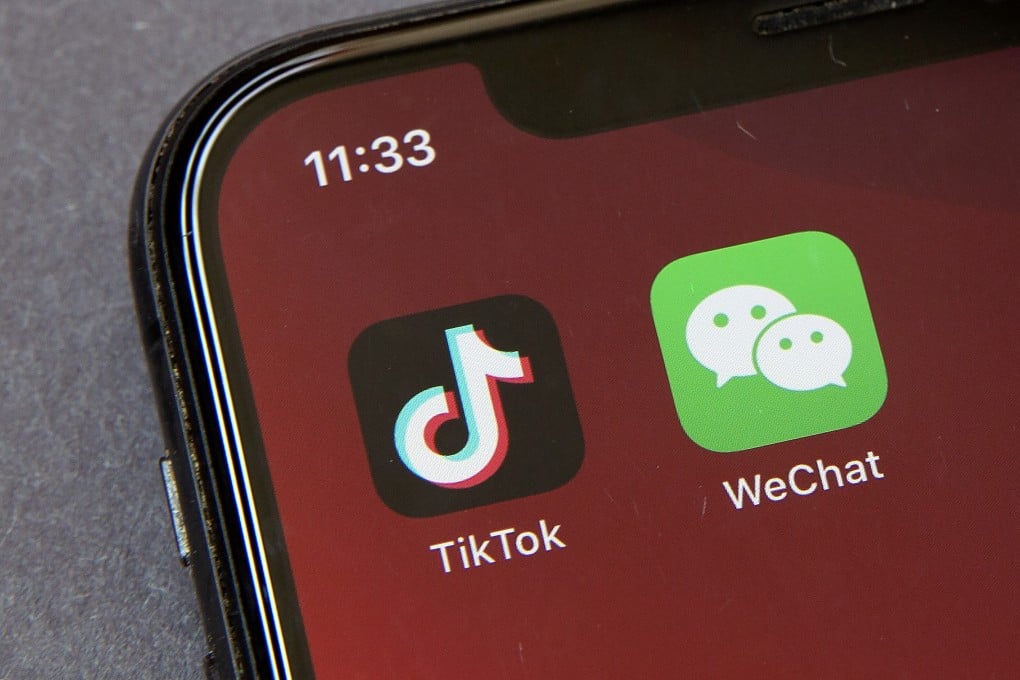Big Tech competition in China will be reshaped by tearing down ‘walled gardens’, a staple of the platform economy
- Analysts say competition between Big Tech companies Alibaba, ByteDance and Tencent will change after the MIIT ordered them to stop blocking each other’s links
- The precise effect of the mandate will depend on how companies interpret the order and whether they find excuses to keep some of their walls erect

While analysts say the move will impact competition within the country, the precise effects will depend on how the order is interpreted.
“We need to wait and see … Different platforms may have different explanations for whether they [need to] fully open up their ecosystems, or they can still keep the wall up under certain scenarios,” said Zhai Wei, executive director of the Competition Law Research Centre at East China University of Political Science and Law in Shanghai.
“Before the meeting, we focused more on trying to use the Anti-Monopoly Law and Anti-Unfair Competition Law to solve the problem,” he added. “Now the MIIT is trying to solve the issue through the development of the whole industry.”
The MIIT edict is now set to change the situation. The powerful administrative agency does not handle antitrust cases, a power that belongs to the State Administration for Market Regulation (SAMR), but it holds significant sway over the tech industry.